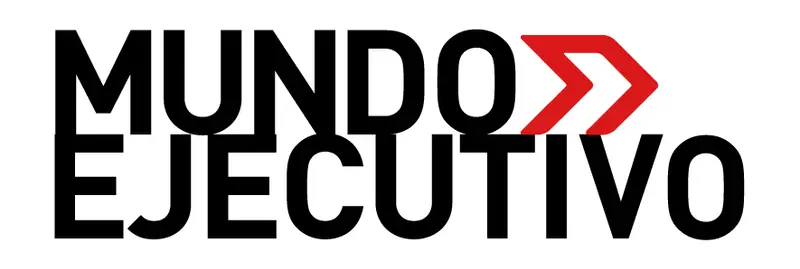Introduction to Lyft’s Lawsuit
In a bold move, Lyft has filed a lawsuit against the City of San Francisco, claiming that over the past five years, it has been overcharged by a staggering $100 million in taxes. This legal action raises critical questions regarding how ride-hailing companies are taxed and highlights the ongoing debate about gig economy classification.
Understanding Lyft’s Position
According to Lyft’s lawsuit, the ride-hailing company asserts that the fees riders pay to drivers should not be considered as part of the company’s revenue for tax purposes. Lyft contends that these driver payments represent income for the drivers themselves, not for the company acting as a broker or middleman between riders and drivers. The company maintains that it generates the majority of its revenue from the fees charged to drivers for utilizing its platform.
The Tax Calculation Controversy
Lyft’s complaint states that San Francisco improperly calculated its gross receipts tax by including driver income, which Lyft argues distorts the reality of its revenue model. The ride-hailing company emphasizes that, in order to comply with local tax laws, its taxable gross receipts should be based solely on amounts charged to drivers for services rendered by the platform.
Lyft’s Relationship with Drivers
Throughout its operation, Lyft has categorized its drivers as independent contractors rather than employees, which significantly influences its business model. This classification enables the company to avoid providing certain employee benefits such as sick leave and overtime pay. Lyft insists that its role is limited to facilitating rides between customers and independent drivers within its network.
The Broader Implications for the Gig Economy
This legal dispute occurs amidst broader discussions regarding the taxation of gig economy companies and the classification of gig workers. As Lyft awaits a formal response from San Francisco, the implications of this lawsuit could reverberate across similar business models that rely on the gig economy structure.
Similar Cases in San Francisco
Lyft is not the first company to dispute high tax bills in San Francisco. Major corporations have previously challenged the city’s tax assessments, highlighting the tension between local government taxation and the operational models of tech-driven businesses. The outcome of Lyft’s lawsuit could set a precedent for how cities approach tax regulations concerning ride-hailing services and gig economy platforms.
The Future of Lyft’s Operations in San Francisco
With the ride-hailing giant asserting its stance against the city’s tax methodology, it remains to be seen how this legal battle will impact Lyft’s operations and its ability to serve both riders and drivers in its home city. The company has expressed its commitment to correcting what it sees as an erroneous tax calculation while reinforcing its belief that it provides valuable services to the San Francisco community.
Conclusion
Lyft’s ongoing lawsuit against San Francisco is a critical moment for the gig economy as both companies and government entities navigate complex tax structures. As legal proceedings unfold, stakeholders in the gig economy will undoubtedly pay close attention, hoping for a resolution that reflects fair taxation principles while supporting the sustainability of innovative business models.

